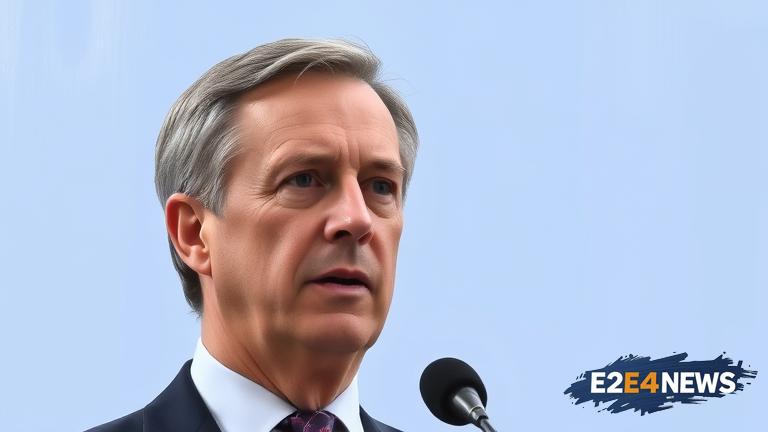Nigel Farage, a prominent British politician, has vowed to scrap the UK’s Human Rights Law in an effort to tackle the growing crisis of small boats carrying migrants across the English Channel. The move has sparked intense debate, with proponents arguing that it will help to stem the flow of illegal immigration and opponents claiming that it will undermine the country’s commitment to human rights. The UK has seen a significant increase in the number of migrants attempting to cross the Channel in recent years, with many making the perilous journey in small, overcrowded boats. The crisis has put a strain on the country’s immigration system and has led to calls for tougher action to be taken. Farage, who has long been a vocal critic of the UK’s immigration policies, believes that scrapping the Human Rights Law will give the government the power to deport migrants more quickly and prevent others from making the journey. However, human rights groups and opposition politicians have expressed concerns that such a move would be a breach of international law and would put the UK at odds with its European neighbors. The Human Rights Law, which was introduced in 1998, enshrines the principles of the European Convention on Human Rights into UK law, providing protections for individuals against abuse of power by the state. It has been used in a number of high-profile cases to prevent the deportation of migrants who claim that they would face persecution or harm if returned to their home countries. Proponents of scrapping the law argue that it has been used to frustrate the government’s efforts to deport migrants who have no right to be in the UK. However, opponents claim that the law is a vital safeguard against abuse of power and that its removal would have serious consequences for the rights of all individuals in the UK. The debate over the Human Rights Law has sparked a wider discussion about the UK’s immigration policies and the need for reform. Many argue that the current system is broken and that a more effective and efficient approach is needed to address the crisis. Others believe that the UK should be doing more to address the root causes of migration, such as poverty, conflict, and persecution. The issue is likely to be a major point of contention in the upcoming general election, with parties on both sides of the debate vying for public support. As the debate continues, it remains to be seen whether Farage’s pledge to scrap the Human Rights Law will become a reality. The move would require significant changes to the UK’s legal framework and would likely face opposition from human rights groups and other stakeholders. In the meantime, the crisis of small boats continues to pose a significant challenge for the UK government, with no easy solutions in sight. The UK’s immigration system is under strain, and the need for reform is becoming increasingly urgent. The government must balance the need to protect the rights of migrants with the need to maintain public safety and security. As the situation continues to evolve, it is likely that the debate over the Human Rights Law will remain a major point of contention. The UK’s commitment to human rights is being tested, and the outcome is far from certain. The country’s reputation as a champion of human rights is at stake, and the world is watching to see how the situation will unfold. The UK government must navigate the complex and often competing demands of immigration policy, human rights, and public opinion. The decision to scrap the Human Rights Law would have far-reaching consequences, not just for migrants but for all individuals in the UK. It is a decision that would require careful consideration and would likely be subject to significant legal and political challenge. The UK is at a crossroads, and the path it chooses will have significant implications for the future of human rights in the country. The world is waiting to see what the UK will do next, and the outcome is far from certain.
